Indonesia is a major player when it comes to U.S. soybeans. With the largest economy in Southeast Asia, Indonesia imports approximately 2.5 MMT of soybeans each year, 90 percent of which is U.S. soy.
But Northern Soy Marketing (NSM) – which comprises soybean checkoff states from North Dakota, South Dakota, Minnesota, Nebraska and Wisconsin – sees this number only continuing to grow.
“Indonesia is one of the top five aquaculture feed countries, giving NSM the opportunity to increase the demand of our soy,” said Mike McCranie, NSM vice chair and farmer from Claremont, S.D. “Furthermore, soymeal consumption in Indonesia has grown each year by approximately four percent due to its livestock and fishery sector expansion, making it an ideal location to broadcast our message. We want to explain the importance of looking at critical essential amino acids versus crude protein to major buyers and end users.”
NSM will be bringing this core message to Indonesia on Feb. 16-23 as they conduct meetings with buyers, processors and nutritionists.
“I’m excited to meet with the key players and talk about my farm operation, shedding light on how our soybeans go from a seed in South Dakota to a soybean in Indonesia,” McCranie said. “NSM will also utilize University of Minnesota Extension Agronomist Seth Naeve and feed nutritionist Bob Swick on the overall advantages of buying our beans exported from Pacific Northwest ports.”
Soybeans grown in NSM member states are typically lower in crude protein but higher in critical essential amino acids. Because whole soybeans and meal have historically been valued largely on crude protein quantity, soybeans with lower crude protein are often overlooked and discounted at a cheaper rate.
The goal of NSM is to change the language around true protein quality, amplifying the message to key stakeholders that higher crude protein content does not necessarily equate to higher protein quality or better nutritional value in feeding monogastric animals.
“Shouting about our premium product from my rooftop in South Dakota won’t reach our international buyers,” said McCranie, who also sits on the South Dakota Soybean Research and Promotion Council. “So, trips like this one are vital to hit home NSM’s message and expand the market for our beans.”
NSM’s communications team will also be on the ground in Indonesia to deliver updates during and following the trade mission.


